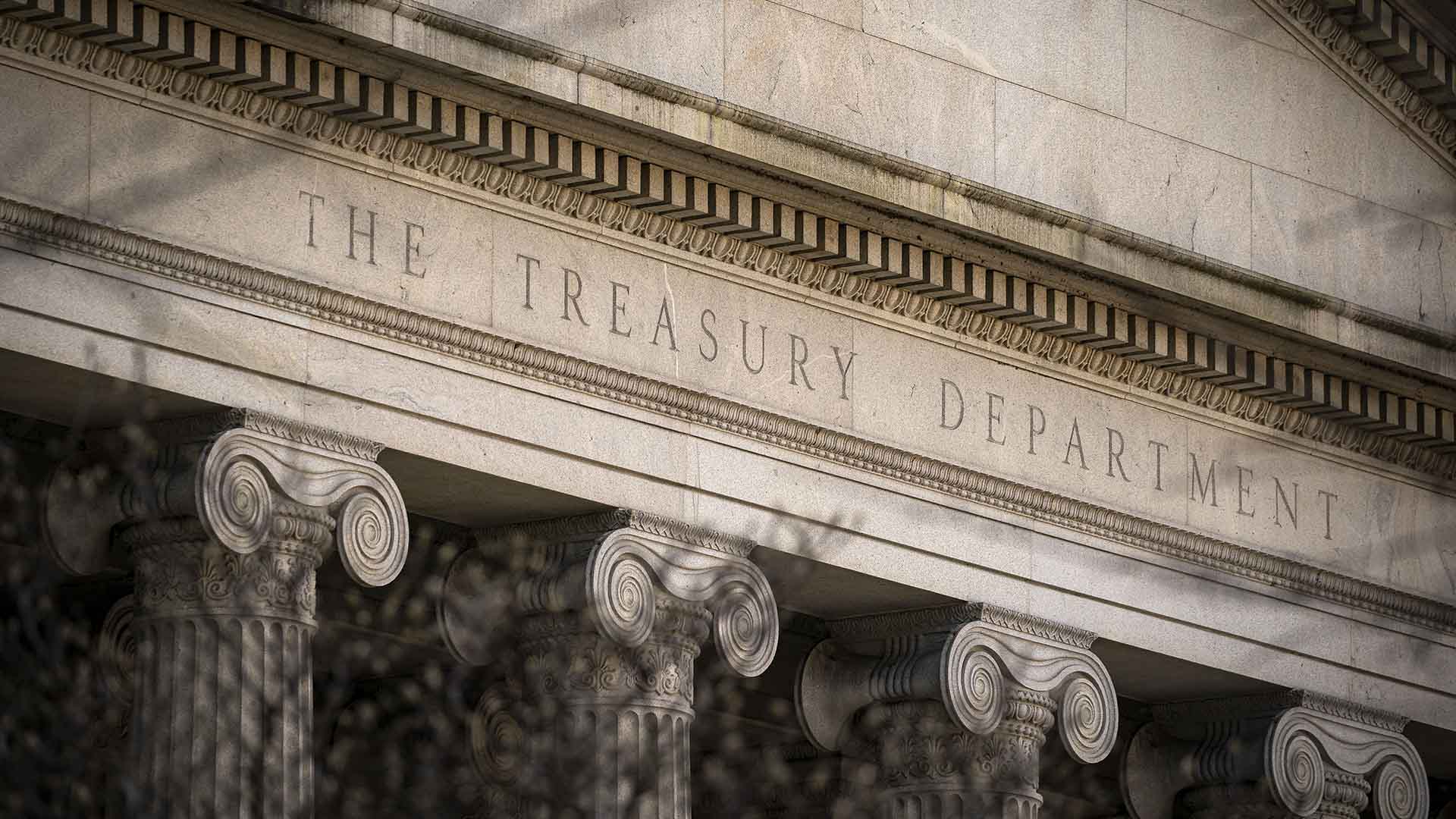U.S. President Joe Biden requested that Congress boost spending for two Treasury Department units to bolster oversight of financial crimes and sanctions evasion as Russia continues its war on Ukraine.
In his fiscal year 2023 budget proposal, Biden asked Congress to authorize a 30% increase for the Financial Crimes Enforcement Network, known as FinCEN, to $210 million and requested another $212 million for the Office of Terrorism and Financial Intelligence to update the U.S. sanctions process.
If approved, the spending proposals would “increase oversight of the financial sector, strengthen corporate accountability, and provide adequate support to law enforcement and investigative entities” and modernize the sanctions process, the request says. It would nearly double the FinCEN staff to 420 employees.
FinCEN collects data on financial transactions and identifies money laundering and other illicit financial activities.
In 2020, ICIJ, BuzzFeed News and a team of more than 400 journalists revealed that some of the world’s biggest banks had moved more than $2 trillion in payments over nearly two decades for criminals and other shadowy figures flagged in suspicious activity reports to FinCEN. The FinCEN Files investigation raised questions about whether FinCEN has the staffing and budget to make a significant difference in the fight to stop the flow of dirty money around the world, and was credited with providing a final push for U.S. lawmakers to pass historic anti-money-laundering reforms in the Corporate Transparency Act.
The U.S. financial crimes unit is smaller than Australia’s despite overseeing an economy 15 times in size, according to the Financial Accountability and Corporate Transparency Coalition. The fiscal year 2023 budget request, if approved, would almost double its staff. But those increases may not be enough to update the historically overstretched agency, says Tom Cardamone, president and chief executive of nonprofit anti-corruption group Global Financial Integrity.
“The budget boost will help FinCEN catch up; it won’t help get them where they need to be,” Cardamone told ICIJ.
Cardamone raised concerns that the request falls short of enacting necessary improvements. A year ago, Global Financial Integrity published a report warning that the agency is underfunded and overstretched in its role as a leading player in the global fight against dirty money. Top anti-money laundering experts recommended a range of reforms at FinCEN, including the creation of a national anti-money laundering data center on illicit activity that would support law enforcement and the establishment of an anti-money laundering training center for FinCEN staff.
In addition to bumping funding for FinCEN, Biden’s proposal requests increases for the Office of Terrorism and Financial Intelligence after the Treasury Department’s 2021 review of U.S. sanctions policy became the focus of renewed interest. The review, released last year, found that the agency tasked with deterring terrorist financing and writing sanctions policy must modernize to meet the challenges of new innovations, like cryptocurrency, that could weaken the effectiveness of sanctions.
Hundreds of Russians, including Putin allies and billionaire oligarchs, have been sanctioned in the last month, in an effort to throttle the Russian president as he continues his assault on Ukraine.
“The President’s new budget starts to give our nation’s financial crime fighters the resources they need, especially at a time when Russia’s invasion of Ukraine has exposed the ease with which criminals move ill-gotten gains around the globe – including through the United States,” Ian Gary, executive director, of the FACT Coalition said in a statement.
Over the last decade, ICIJ has reported on many high-ranking Russian figures who hoard their wealth offshore, sheltering their assets and potentially dodging global sanctions, and is continuing such investigations in the Russia Archive as governments around the world target Putin-loyalists who contribute to the flow of dirty money.
Biden’s proposal commences a series of spending debates in Congress to fund the government by October.







